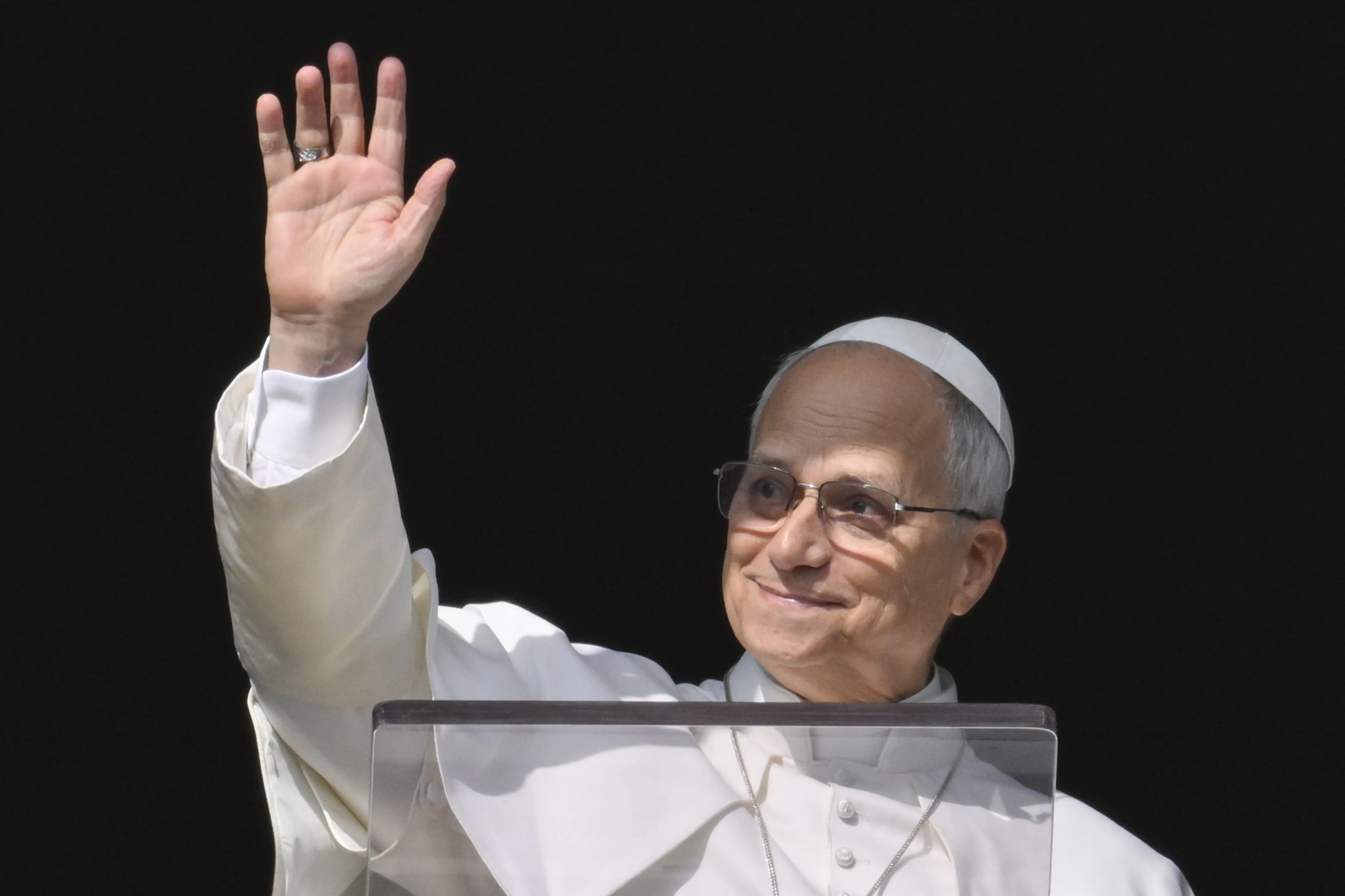It also criticizes as "scandalous" the criminalization of Amazonian ethnic communities whose rights are threatened, it says, by public policies favoring the exploitation of natural resources.
These projects "exert pressure on ancestral indigenous territories" and are accompanied by "widespread impunity throughout regarding human rights violations."
The document notes the Church's teaching on the inviolability of the human person, which is created in the image and likeness of God.
The synod fathers propose giving support to "fair" sustainable development initiatives, though it does not name specific initiatives.
"The Amazon is in the hands of us all, but it depends mainly on immediately abandoning the current model that is destroying the forest, not bringing well-being and endangering this immense natural treasure and its guardians,” the report states.
(Story continues below)
It goes on to say it is "incumbent" on the Church to help protect the Amazon by being an "ally" of the local communities, "who know how to take care of the Amazon, how to love and protect it."
The indigenous peoples are “asking the church to become their ally and the answer of the church is yes,” Czerny said.
“With the Amazon burning, many more people are realizing that things have to change. We cannot keep repeating old responses to urgent problems,” Czerny said. “The ecological crisis is so deep that if we don’t change we won’t make it.”
Czerny said that environmental scientists and other experts who audited the synod helped the bishops to understand “the planet suffering” because “they drove scientific facts home in a way that we can feel them.”
The Canadian cardinal said that people want “a plastic solution” that is not going to affect their lives and not require them to change, but he stressed that it does not exist and conversion is required.
The synod document also condemns the theft of the "traditional wisdom" of the Amazonian peoples as "biopiracy" and a "form of violence."
"The Church chooses to defend life, the land and the native Amazon cultures," including in the Amazon peoples' "registration, processing and dissemination of data and information about their territories and their legal status," it states.
The report says the Church must guard itself against "the power of neo-colonialism" and "unlearn, learn and relearn" in order to overcome any tendency toward "colonizing models."
The synod reaffirms a “commitment to defend life seamlessly from conception to natural death and the dignity of each and every person.”
Pastoral service to the indigenous, it says, “obliges us to proclaim Jesus Christ and the Good News of the Kingdom of God.”
Pope Francis announced in his closing speech to the synod that he would create a new section in the Dicastery for the Promotion of Integral Human Development dedicated to the Church in the Amazon.
The synod final document also called for a “socio-environmental and pastoral office” to work in alliance with the Latin American church organizations REPAM, CELAM, CLAR, and other non-ecclesial actors representing indigenous peoples.
Cultural Conversion
The synod document states that "inculturation is the incarnation of the Gospel in indigenous cultures... and at the same time the introduction of these cultures into the life of the Church."
The Amazon culture and spirituality already have a rich "indigenous theology, Amazonian face of theology and popular piety," it says, adding that they "reject a colonial style of evangelization."
"The evangelization that we propose today for the Amazon is the inculturated proclamation that generates processes of interculturality, processes that promote the life of the Church with an Amazon identity and face,” the report states.
Czerny said that it is very important for the Church to learn how to be “interculturally respectful.”
“Not to assume that the way I am or the way we are is definitive, is the norm, is the way it has to be … differences have to be embraced,” he said.
“The church is not an inflexible structure in which your cultures and traditions will find no place … it is the opposite,” Bishop Guinea said.
“A Church with an Amazonian face,” the document states, “needs its communities to be infused with a synodal spirit, supported by organizational structures of this dynamic, as authentic organisms of ‘communion.’”
“The Church’s research and pastoral centres, in alliance with the indigenous peoples, should study, compile and systematize the traditions of the Amazon’s ethnic groups in order to favor an educational effort that starts from their identity and culture…”
Synodal Conversion
The synod document also calls for “new paths for synodal conversion.”
Cardinal Czerny said that this process involved “an unprecedented process of listening” before the Amazon synod.
“You know that synodality is working when you find yourself voting for something which you knew before the synod began that you disagreed with,” Czerny said.
When asked what was the working definition of “synodality” understood among the synod fathers, Czerny replied, “Everyone had a sense of what it meant because we were doing it. Whether everyone could explain it in words, I am not so sure, but I am not sure that that matters.”
A synod is a consultative assembly, convened by the pope or a bishop, to advise on a particular topic of interest to the local, regional, or universal Church.
The Synod of Bishops for the Pan-Amazonian region will conclude Oct. 27 with a closing Mass in St. Peter’s Basilica.








